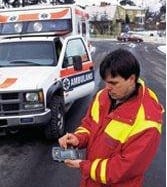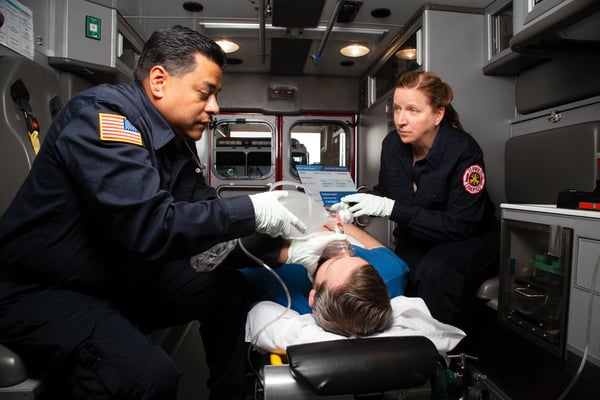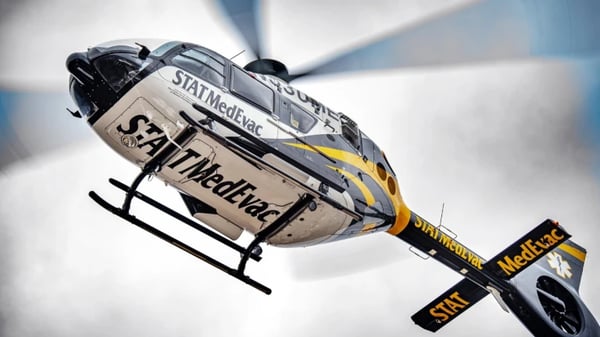News Alert: New ePCR Integration Simplifies EMS Data Management and Enables Better Care Coordination
10 Important Details to Consider When Making a Mobile Hardware Decision
Mobility is great and enables workers to be more productive, but making sure you have the correct tool for the job is paramount to creating a successful mobile solution

Mobility is great and enables workers to be more productive, but making sure you have the correct tool for the job is paramount to creating a successful mobile solution. Here are some important details to think about as you wade through the sea of mobile phones, PDA’s, laptops, and tablets available in today’s market:
1) Who is your mobile worker? What tool will work best for his/her need? Is it being used for data entry or data consumption? Tablets are great---but don’t come with a keyboard---which can be a challenge if a worker needs to be able to enter data in the field.
2) What are your software requirements? Make sure you know the parameters (memory requirements, screen size, operating system, etc…), defined by your software provider. They will have specifications to share with you on this topic.
3) Will your hardware stay in the vehicle or will it be taken out? If the unit needs to be mobile---you need to consider the “human” factor. It’s going to get dropped and be taken in the elements. Rugged hardware is more expensive---but will be more durable in the elements, which will mean longevity of the unit and less down-time for your mobile worker. That may make the additional expense viable.
4) Will the unit be used at night or in the dark? Consider a backlit keyboard that can be seen in the dark. Is it going to be using it in sunlight? Many screens do not work when in direct sunlight. Consider a unit that has an appropriate anti-glare glass.
5) What type of environment will the unit be exposed to? Is it sitting in the vehicle during an Arizona summer---or a Minnesota winter? Will there be severe temperature changes or exposure to water? Not all hardware is equipped to deal with the exposure to extreme heat, cold, dust, rain, etc…. so consider the elements when defining your choice.
6) How much memory is required? Seems like a simple concept, but you would be surprised at how many times this detail is missed.
7) Feel the need for speed? Another consideration should be the processor needed to maximize worker productivity. Current hardware is available with an i3, i5 and i7 option. Don’t be fooled however….although the i7 seems like a “no brainer” on choice...it is not that much faster than an i5, and some software applications are not currently equipped to integrate smoothly with the i7 processor. That is why item #2 above is so important. Making sure your hardware is compatible for the level of software you are supporting is a huge consideration.
8) If transmitting data to/from the field, you will require access to a wireless source which is traditionally one of the national carriers. Many hardware solutions must be configured to support a particular wireless source---so this decision must be made in advance to ensure your units work with the appropriate carrier or system.
9) Other key considerations include; use of GPS, blue-tooth connectivity or a CD/DVD drive. These are options---not standard within some computer products. Keep this in mind when making hardware solutions.
10) Factor in the cost of mounting a unit within a vehicle. Having the hardware safely docked within a vehicle increases safety and enables the unit to be charging via connection to the vehicle battery. This creates a safe working environment for your mobile worker and keeps them connected and productive longer.
Related Posts
How STAT MedEvac Connected Device, Software, and Data Technology To Enhance QA and Elevate Care
Podcast: 4 Ways ePCR Software Can Relieve EMS’ Biggest Headaches
ZOLL Pulse Blog
Subscribe to our blog and receive quality content that makes your job as an EMS & fire, hospital, or AR professional easier.
ZOLL Pulse Blog
Subscribe to our blog and receive quality content that makes your job as an EMS, fire, hospital, or AR professional easier.




